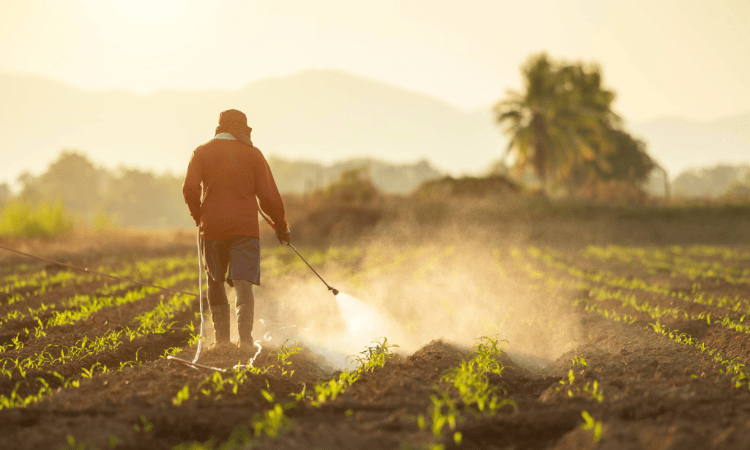
BLOG
KATEGORİDEKİ DİĞER YAZILAR

Pesticide residues, which have an important place in the fight against harmful organisms, can cause negative effects on human health and the environment. Therefore, pesticide tests on vegetables and fruits are of great importance. So, what is a pesticide, what types are there and how are pesticide tests performed? Here are the details...
Pesticides are chemical or biological substances used to combat insects, weeds, fungi and other harmful organisms. Pesticides, which help increase the productivity of agricultural products, can pose a health risk when used unconsciously and excessively.
Pesticides are divided into different categories according to their intended use:
Pesticide residues in vegetables and fruits can pose serious risks to human health. Individuals with weakened immune systems, children and pregnant women are particularly vulnerable to these risks. Pesticide residues can cause the following health problems
Therefore, it is of great importance to check for pesticide residues in vegetables and fruits.
Advanced laboratory tests are applied to determine pesticide residues. Thanks to these tests, it is checked whether the maximum permissible residue limits (MRL) have been exceeded in the products. Commonly used pesticide testing methods include
Thanks to these tests, the reliability of vegetables and fruits is ensured and healthy foods are offered to consumers.
Nanolab Laboratories Group, one of the leading laboratories in food safety, helps consumers reach safe foods with pesticide testing services. Nanolab, which has international accreditation, performs pesticide analyzes meticulously in its state-of-the-art laboratories.
Advantages of Nanolab Pesticide Testing Services:
If you want to have pesticide analysis of vegetables and fruits, you can benefit from the professional services offered by Nanolab Laboratories Group. Don't neglect pesticide tests for healthy and safe food!
Contact us for more information.
You can follow us on LinkedIn for up-to-date news and posts about our services.
Follow our Instagram account to be informed about our latest blog posts.